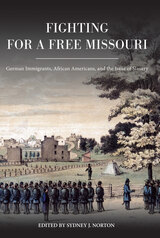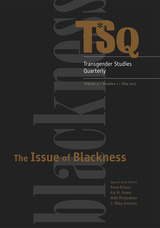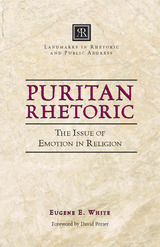



The nature of Puritanism in America and the role of emotion in religion is the subject of this important and useful collection of five religious orations, discussed and appraised by Professor White for students of Puritanism and rhetoric. The five orations presented here consist of three by Jonathan Edwards, “Future Punishment,” “Distinguishing Marks,” and “The Nature of the Affections”; one by Charles Chauncy, “Enthusiasm Described and Caution’d Against”; and one by Ebenezer Gay, “Natural Religion, as Distinguished from Revealed.”
In the first or introductory part of the book, Professor White discusses in considerable detail the broader implications of the confrontation between rationalists and revivalists in New England, represented by the following orations, during this most important upheaval in the Colonies prior to the Revolution. The orations themselves are arranged to represent the force and counterforce of reason versus emotionalism and the precarious balance maintained momentarily and, eventually, lost. And in the third part of the book Professor White provides critical analysis and suggested appraisal for further interpretation and inquiry.
READERS
Browse our collection.
PUBLISHERS
See BiblioVault's publisher services.
STUDENT SERVICES
Files for college accessibility offices.
UChicago Accessibility Resources
home | accessibility | search | about | contact us
BiblioVault ® 2001 - 2024
The University of Chicago Press









